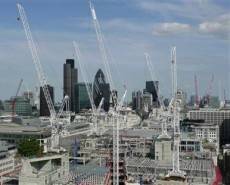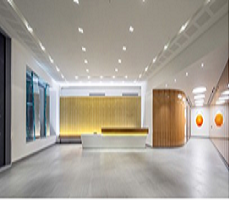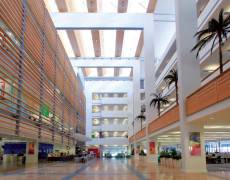May 13, 2014
Employers urged to plan ahead as recruitment prospects rise
 Fresh evidence that the recession is over as the CIPD reports employment intentions are at the highest level for six and half years. However, pay continues to perform well below pre-recession levels, and the HR body warns that with the economy picking up, now is the time for employers to consider both the levels of pay and employment conditions they have to offer; and the reputation and branding of their organisation. Although CIPD’s quarterly Labour Market Outlook finds little evidence that the buoyant jobs market is feeding through into recruitment difficulties for the majority of employers in the short term, in some areas; such as engineering and management/executive there is already a struggle to fill high-skilled vacancies. The CIPD is therefore urging employers in all sectors to start planning ahead to mitigate the risk of widespread skills shortages in the longer term. (more…)
Fresh evidence that the recession is over as the CIPD reports employment intentions are at the highest level for six and half years. However, pay continues to perform well below pre-recession levels, and the HR body warns that with the economy picking up, now is the time for employers to consider both the levels of pay and employment conditions they have to offer; and the reputation and branding of their organisation. Although CIPD’s quarterly Labour Market Outlook finds little evidence that the buoyant jobs market is feeding through into recruitment difficulties for the majority of employers in the short term, in some areas; such as engineering and management/executive there is already a struggle to fill high-skilled vacancies. The CIPD is therefore urging employers in all sectors to start planning ahead to mitigate the risk of widespread skills shortages in the longer term. (more…)























May 9, 2014
Flexible working benefits are undermined by short sighted employers
by Pam Loch • Comment, Flexible working, Legal news, Workplace
There has been a growing perception that flexible working practices are now commonplace in the workplace. However a recent report from Working Families, a charity set up to help working parents and carers find a balance between their responsibilities at work and at home, suggests this is a myth. Their report reflects growing concerns based on experiences and queries from their helpline that employers are in fact, becoming more rigid. The report suggests that working parents are coming under increasing pressure to give up their flexible working arrangements. It highlights “a growing number of callers to the helpline reporting the family-friendly working pattern they have had in place for years being changed or withdrawn virtually overnight, with no opportunity for them to express their views”. Ironically, despite the Government’s championing of flexible working it seems the imposition of employment tribunal claim fees could be behind the backlash. (more…)